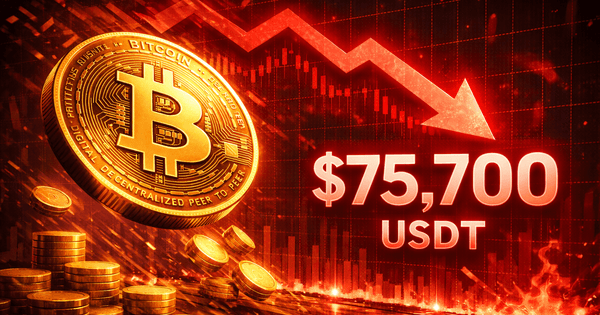Giới thiệu
Việc staking Solana có thể là một lựa chọn tuyệt vời cho những ai muốn nắm giữ SOL nhưng vẫn kiếm được lợi nhuận một cách an toàn trong khi đóng góp cho mạng lưới. Các bước thực hiện có thể hơi khó khăn, đặc biệt là lần đầu tiên bạn thực hiện. Đó là lý do chúng tôi đã biên soạn hướng dẫn này cho bạn.
Hướng Dẫn Từng Bước
1. Nhận Token Solana (SOL)
Để staking Solana, bạn cần phải sở hữu nó. Để có được Solana, bạn sẽ cần phải mua nó. Bạn có thể chọn từ những sàn giao dịch phổ biến sau đây.
Xem tất cả 84 giá cảNền tảng Đồng tiền Giá Nexo Solana (SOL) 140,96 PrimeXBT Solana (SOL) 140,51 EarnPark Solana (SOL) 139,14 YouHodler Solana (SOL) 140,71 Binance Solana (SOL) 140,71 BTSE Solana (SOL) 140,64 2. Chọn ví Solana
Khi bạn đã có SOL, bạn sẽ cần chọn một ví Solana để lưu trữ các token của mình. Dưới đây là một số lựa chọn tốt.
Xem tất cả 41 phần thưởng stakingNền tảng Đồng tiền Phần thưởng từ staking YouHodler Solana (SOL) Lên đến 13% APY Uphold Solana (SOL) Lên đến 5,8% APY Validator.com Solana (SOL) Lên đến 8,62% APY Bake Solana (SOL) Lên đến 5,25% APY Binance Solana (SOL) Lên đến 5,5% APY 3. Ủy quyền SOL của bạn
Chúng tôi khuyên bạn nên sử dụng một nhóm staking khi staking SOL. Điều này đơn giản hơn và nhanh chóng hơn để bắt đầu. Một nhóm staking là một tập hợp các validator kết hợp SOL của họ, điều này giúp tăng khả năng xác thực giao dịch và nhận phần thưởng. Bạn có thể thực hiện điều này thông qua giao diện ví của mình.
4. Bắt đầu xác thực
Bạn sẽ cần chờ đợi để tiền gửi của bạn được xác nhận bởi ví của bạn. Khi nó được xác nhận, bạn sẽ tự động xác thực các giao dịch trên mạng Solana. Bạn sẽ được thưởng SOL cho những xác thực này.
Những điều cần lưu ý
Bạn cần xem xét các khoản phí giao dịch và phí staking pool. Ngoài ra, có thể sẽ có một khoảng thời gian chờ đợi trước khi bạn bắt đầu nhận thưởng. Pool staking sẽ cần phải tạo ra các khối, và điều này có thể mất một thời gian.
Diễn biến mới nhất
Solana (SOL) is currently priced at 5 US$ with a 24-hour trading volume of 4,55 T US$. The market cap of Solana stands at 91,18 T US$, with 483,75 Tr SOL in circulation. For those looking to buy or trade Solana, YouHodler offers avenues to do so securely and efficiently
- Vốn hóa thị trường
- 91,18 T US$
- Khối lượng giao dịch trong 24 giờ
- 4,55 T US$
- Nguồn cung lưu hành
- 483,75 Tr SOL



